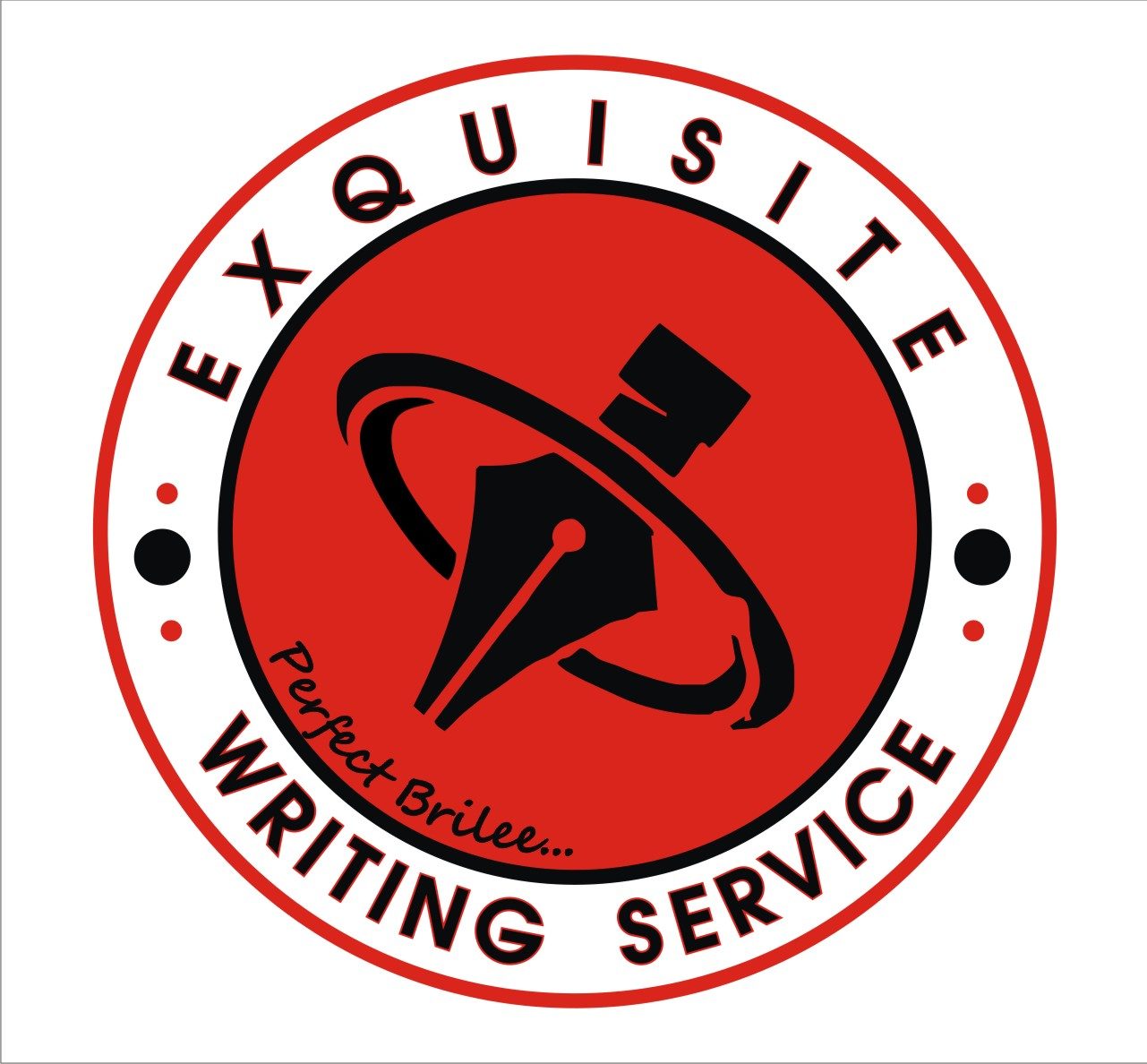
Weekend Writing Sprint: Examine How it Works
You wanted to take time off writing on weekends and cruise with family and friends, but oops….You’ve got to write!
It’s not strange—a tight deadline or something different can push you to write on the weekend so you can hit your word count.
Sadly, distractions, errands, and finding serious writing time can make it hard to crush your word count on the weekend.
But no stress, you can do it!
With a weekend writing sprint, you can make real progress and, who knows, have fun along the way.
Let’s explore how it works and why you might want to make it a regular weekday writing routine.

What Is a Weekend Writing Sprint?
A Weekend Writing Sprint is just as it sounds: a short, focused burst of writing over the weekend.
This writing method aims to produce a high word count (or attain a specific writing milestone).
Instead of squeezing in the writing sessions here and there, you block off a few larger chunks of time and challenge yourself to see how much you can accomplish.
You can call this a mini writing marathon but without the blisters.
Now, let’s talk about why this works
Why Weekend Sprints Work
Here are a few reasons why you should adopt weekend writing sprint:
- Engaging in weekend sprints will help you have fewer weekday obligations. You won’t rush to meetings, have rushed commutes, or make school drop-offs.
- It helps you get into deeper focus. You will enjoy longer periods, meaning you can dive into a “flow state.” It is that magical zone where writing feels completely effortless.
- It’s no doubt a fun challenge. By setting a weekend goal, you can gamify the writing process and spark motivation you never knew you had.
- You build momentum for the week ahead. Every writer knows the joy that comes with the feeling that they are heading into Monday and are already proud of their achievements.
How to Set Up Your Weekend Writing Sprint
Here’s a clear step-by-step guide to planning a weekend writing sprint that’s both fun and productive:
1. Pick Your Goal
Before opening your laptop, decide what success looks like for your weekend writing sprint.
If your weekend starts on Friday, then on Friday evening, decide what you need to accomplish.
These are a few questions you should ask yourself:
- What project do I want to finish?
- What accomplishment will make me feel proud on Sunday night?
Your answers to these questions can set an exciting tone for your sprint goal.
Some ideas for sprint goals you can try are:
- Write 3,000 words across Saturday and Sunday.
- Complete a blog post and draft two newsletters for my email list.
- Outline an entire short story for my fiction writing book or first draft a scene for my novel.
- Complete three detailed chapters of my book’s outline.
What did you notice in this setup? Let’s make it easier for you:
- It was specific and realistic.
- It stretches you slightly beyond your comfort zone—it does feel exciting but is also highly achievable.
- We didn’t set the bar too high, so it won’t discourage you. If it’s too low, you won’t feel challenged.
So, the bottom line is that you should think carefully about how much writing you can reasonably do if you show up, focus, and then commit.
Related Read: 25 Best Free Offline Writing Apps to Enhance Your Productivity
2. Block Out Your Time
Your goal is set. Then, what’s next? Make space for it.
Take a Look at your weekend and create dedicated writing windows.
This doesn’t mean that you will have to lock yourself in.
You don’t have to lock yourself in a room for two straight days—even a few intentional blocks can add up to big wins.
Some examples:
- Saturday morning, 10 a.m. to noon: Fresh brain, great coffee — a great time to create.
- Sunday afternoon, 1 p.m. to 3 p.m.: Perfect for wrapping up drafts or polishing edits.
Treat these time blocks like vital appointments.
Never let last-minute plans, errands, or endless Netflix browsing creep in.
It would be nice to tell your family, roommates, or partner in advance that you’ll be “unavailable” during these times.
If you do this little heads-up, you can avoid interruptions and guilt.
Bonus: Each time, experience your writing blocks with rewards.
Brunch afterward, a long walk outside, or a cozy movie night makes it all feel special and helps your brain associate writing with positive vibes.
3. Set Up a Low-Distraction Zone
The zone you use to write during the weekend can greatly impact your focus.
Therefore, prepare your writing space before your sprint starts.
Here’s a quick setup checklist for you:
- Clear off your desk from clutter.
- Turn off notifications from your computer, phone, smartwatch, tablet, and more.
- Use a “Do Not Disturb” mode or app if needed (tools like Freedom or Cold Turkey are excellent options).
- Queue a writing playlist if the music helps you get into a writing groove (instrumentals or ambient sounds work well for many writers).
- Grab snacks, water, and coffee beforehand so you don’t have to keep getting up.
Learn more about how focus apps improve productivity from Harvard Business Review – What Happens to Your Brain When You Focus
Remember:
Your goal is to eliminate as many friction points as possible.
The easier it is to settle down and start, the more likely you will stick to your writing plan.
4. Use Timed Writing Sessions
Once your timer starts ticking, don’t delay. It’s time to go.
Write in focused bursts to keep your brain fresh and your creativity flowing like a stream.
Two excellent formats that work for folks around are:
- Pomodoro Technique: 25 minutes of deep writing, followed by a 5-minute break.
- 50/10 sessions: 50 minutes of writing, 10 minutes of break (Excellent for longer focus stretches).
Why should you engage in timed sessions?
Because they help you:
- Avoid burnout by forcing regular rests, even if it seems like you don’t have to
- Trick your brain into starting the weekend writing. You can say something like it’s only 25 minutes; I can do that!”).
- Stay mindful of time so you don’t veer off into endless searches or social media.
Then, it is always good to make it a little game:
- Set a mini-goal for each session. (“It can be something as writing 400 words in this Pomodoro!” “Finish Scene 2 before break!”)
- Race yourself. There is nothing bad with that
- Track your word count after each sprint and celebrate the progress you experienced.
You’ll be amazed at how much you can do with a few focused writing blocks!
5. Track Your Progress
Finally, you’re making progress, and it makes sense to track it.
Keep a simple log of your sessions as you work through your writing sprint.
Of course, this move doesn’t have to be complicated—a sticky note, a notebook, or a notes app on your phone is sufficient.
For each session, jot down:
- Time started
- Time stopped
- Words written
Let’s set an example here:
- Saturday, 9:00–9:30 a.m. — 300 words
When you track your progress, it does two crucial things:
- It makes your progress visible. You’ll see the numbers stack up session after session, which is incredibly motivating and gratifying.
- It teaches you about your writing habits. Over time, you’ll experience patterns — examples include when you’re most productive, the number of words you typically write per hour, and how long you can focus before needing a break.
Plus, let’s be honest, it’s super satisfying to look back at your tally at the end of the weekend and think, “Dang, I crushed it!”
Pro tip: Creating a simple word count chart or graph is easy if you love visuals. As you watch that line go up, you will get so addicted!
6. Celebrate at the End
Once you finish your final writing session, don’t just shut your laptop and move on—celebrate!
Why would you even want to forget that?
But why should you celebrate?
Because showing up for yourself and your creativity is a great deal.
Even if you didn’t hit every goal perfectly, your commitment to your craft is worth honoring.
Here are a few easy ways to reward yourself:
- Grab a fancy dessert or coffee you usually save for special occasions.
- Watch an episode (or two!) of your favorite TV show — it will be guilt-free.
- Text a writer friend to share how it went, or post about your sprint win on social media.
- Update your word count tracker and admire just how far you’ve come.
Celebrating keeps your energy high, boosts your motivation for the next time, and helps build a positive writing habit.
Remember: Progress, not perfection, is undoubtedly the real goal.
Want to make your weekend writing sprint even better? Invite a buddy to join you!
Check-in before and after your writing blocks.
You can always cheer each other on. Celebrate milestones together or share snippets.
Why this always works:
- Accountability: You wouldn’t want to skip your sprint if someone’s waiting to hear from you.
- Community: Having a friend in the trenches with you makes it way more fun and lively.
- Momentum: Celebrating wins together can significantly supercharge your confidence and motivation.
Learn More: 25 Best Free Offline Writing Apps to Enhance Your Productivity
Final Thoughts
You don’t have to wait for the perfect conditions to finish that blog, novel, or article series.
With a weekend writing sprint, you can establish your momentum—and prove to yourself how much you can accomplish in a short burst of focused effort.
So grab a coffee, block your calendar, and challenge yourself this weekend.
Your future self will thank you.
For more expert-backed advice, explore The Pomodoro Technique: Maximizing Creative Focus — an authority resource trusted by productivity professionals.
Would you like a more personalized guide? Reach out to The Exquisite Writers today!
Written by Isaac, writing coach and contributor at The Exquisite Writer, helping creatives build sustainable writing habits.



